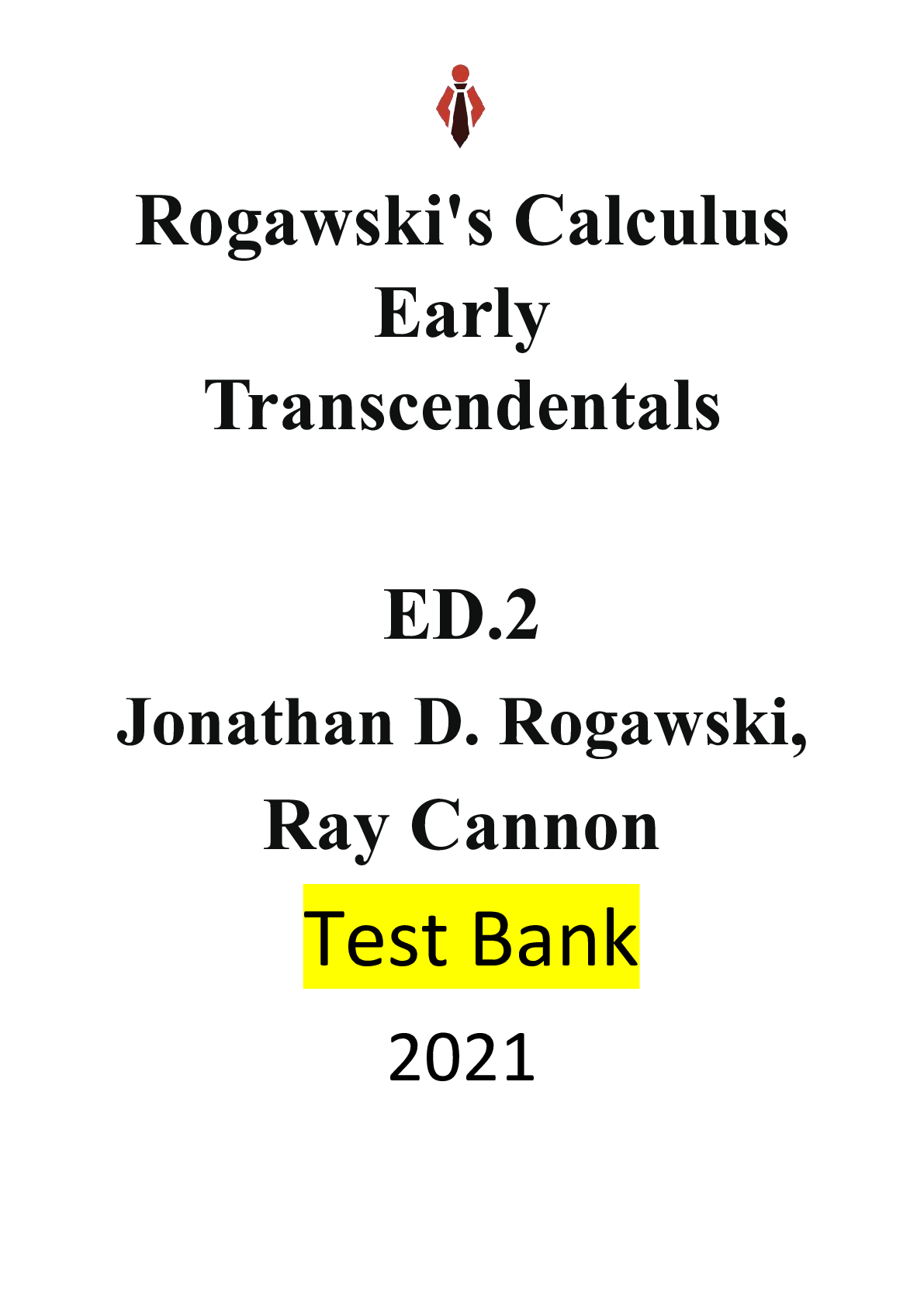Finance > TEST BANK > Financial Reporting and Analysis ED>13 Charles H. Gibson-|Instructors manual| Reviewed/Updated for 2 (All)
Financial Reporting and Analysis ED>13 Charles H. Gibson-|Instructors manual| Reviewed/Updated for 2021
Document Content and Description Below
The Test bank borrows from the elaborated text book fielding questions specially tailored to the text book topics to equip the student with what questions to expect in the quiz’s tests and exams Wi... th this test bank you can examine financial accounting from both a user's and preparer's perspective with a wealth of actual examples, cases, and real financial statements found in Gibson's FINANCIAL REPORTING & ANALYSIS: USING FINANCIAL ACCOUNTING INFORMATION, 13e. This effective text emphasizes the analysis and interpretation of the end result of financial reporting--financial statements. The author focuses on the language and preparation of financial statements throughout. Students analyze real financial reports, 10Ks, proxy statements, other exhibits, and cases drawn from actual companies. Nike, used as a continuing focus company throughout the text, provides the opportunity for students to become familiar with a single organization and better understand the meaning of its statements within a competitive context. QUESTIONS 1- 1. a. The AICPA is an organization of CPAs that prior to 1973 accepted the primary responsibility for the development of generally accepted accounting principles. Their role was substantially reduced in 1973 when the Financial Accounting Standards Board was established. Their role was further reduced with the establishment of the Public Company Accounting Oversight Board was established in 2002. b. The Financial Accounting Standards Board replaced the Accounting Principles Board as the primary rule-making body for accounting standards. It is an independent organization and includes members other than public accountants. c. The SEC has the authority to determine generally accepted accounting principles and to regulate the accounting profession. The SEC has elected to leave much of the determination of generally accepted accounting principles to the private sector. The Financial Accounting Standards Board has played the major role in establishing accounting standards since 1973. Regulation of the accounting profession was substantially turned over to the Public Company Accounting Oversight Board in 2002. 1- 2. Consistency is obtained through the application of the same accounting principle from period to period. A change in principle requires statement disclosure. 1- 3. The concept of historical cost determines the balance sheet valuation of land. The realization concept requires that a transaction needs to occur for the profit to be recognized. 1- 4. a. Entity e. Historical cost b. Realization f. Historical cost c. Materiality g. Disclosure d. Conservatism 1- 5. Entity concept [Show More]
Last updated: 1 year ago
Preview 1 out of 411 pages
Instant download
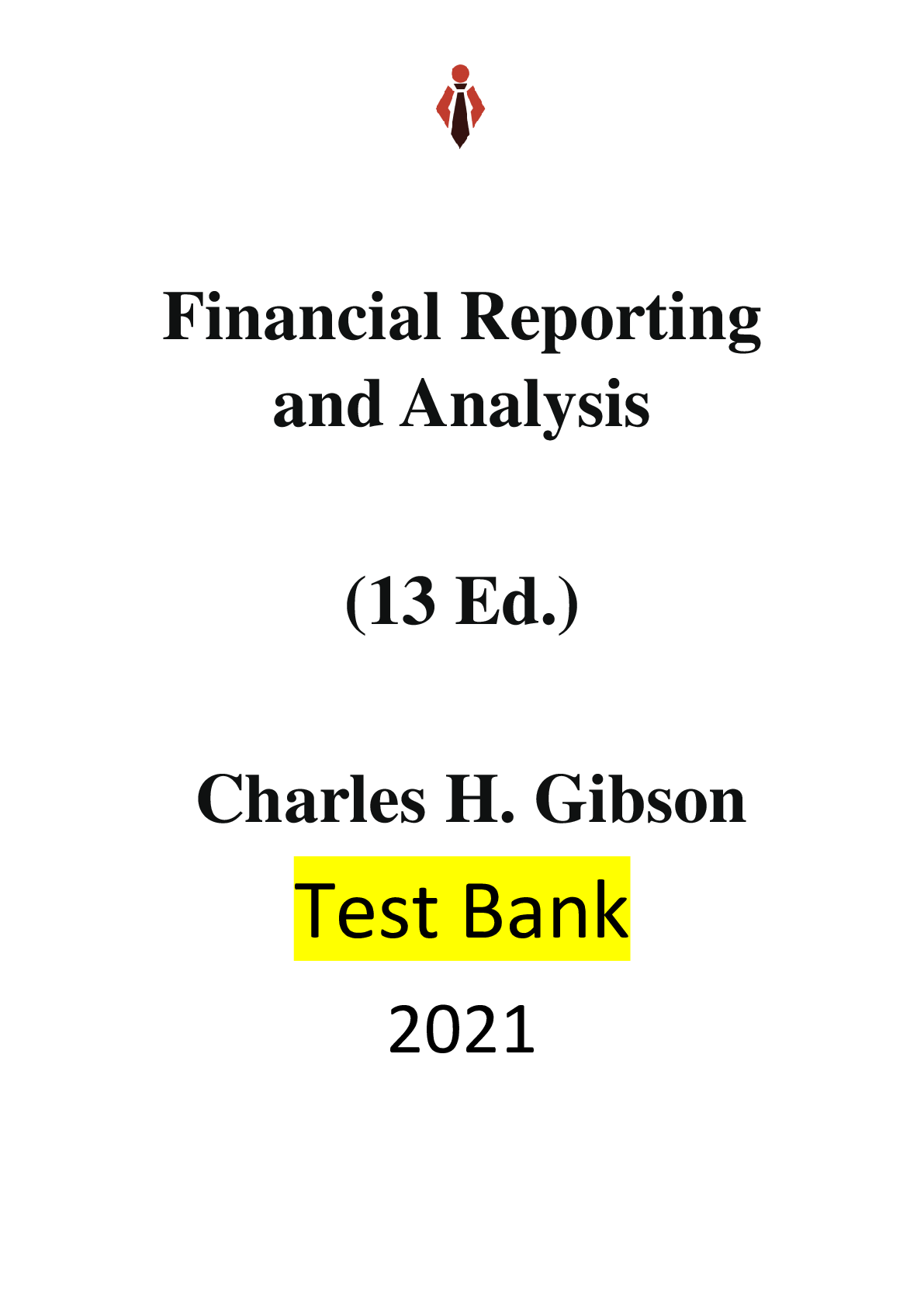
Buy this document to get the full access instantly
Instant Download Access after purchase
Add to cartInstant download
Reviews( 0 )
Document information
Connected school, study & course
About the document
Uploaded On
Aug 26, 2021
Number of pages
411
Written in
Additional information
This document has been written for:
Uploaded
Aug 26, 2021
Downloads
0
Views
33

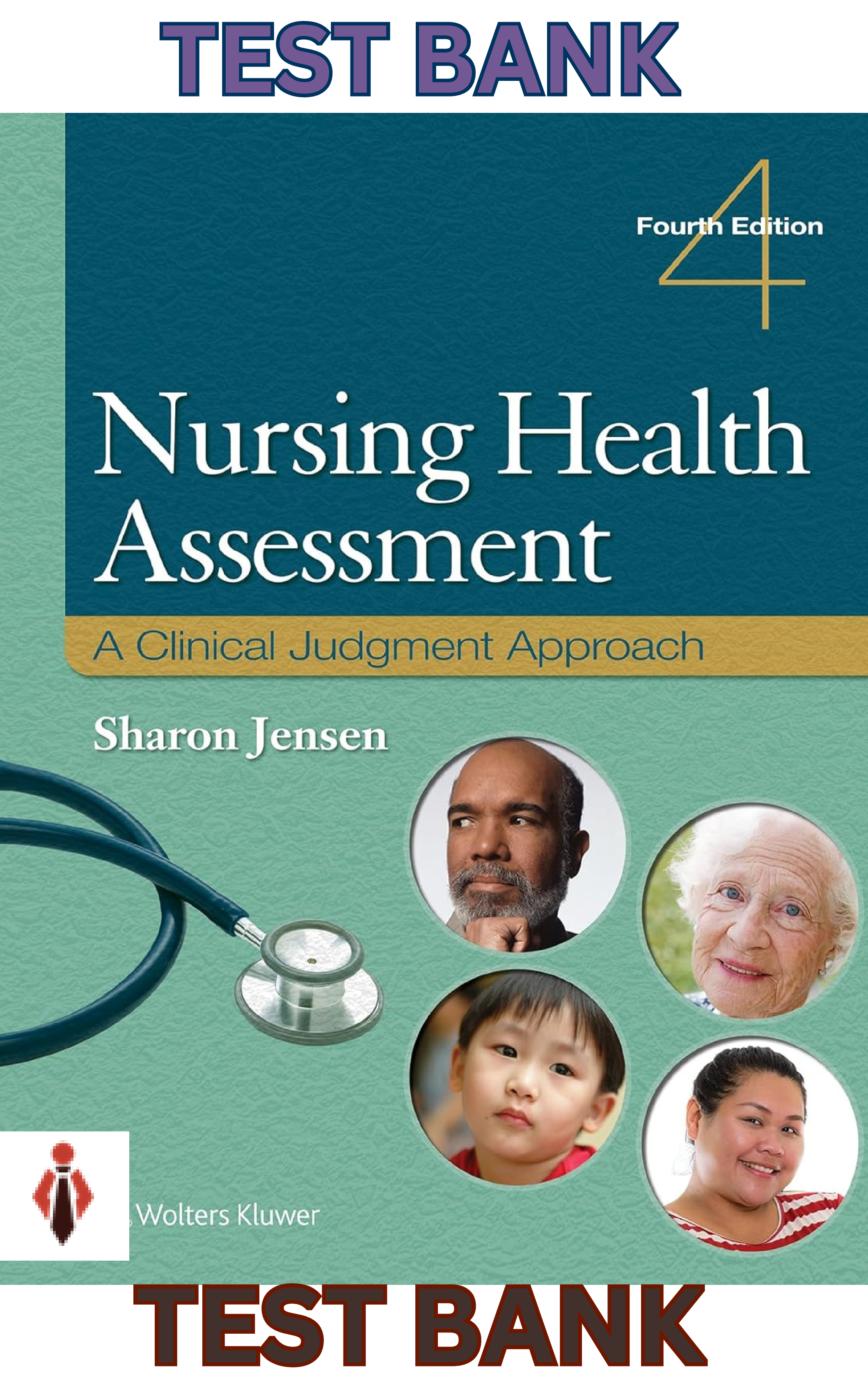
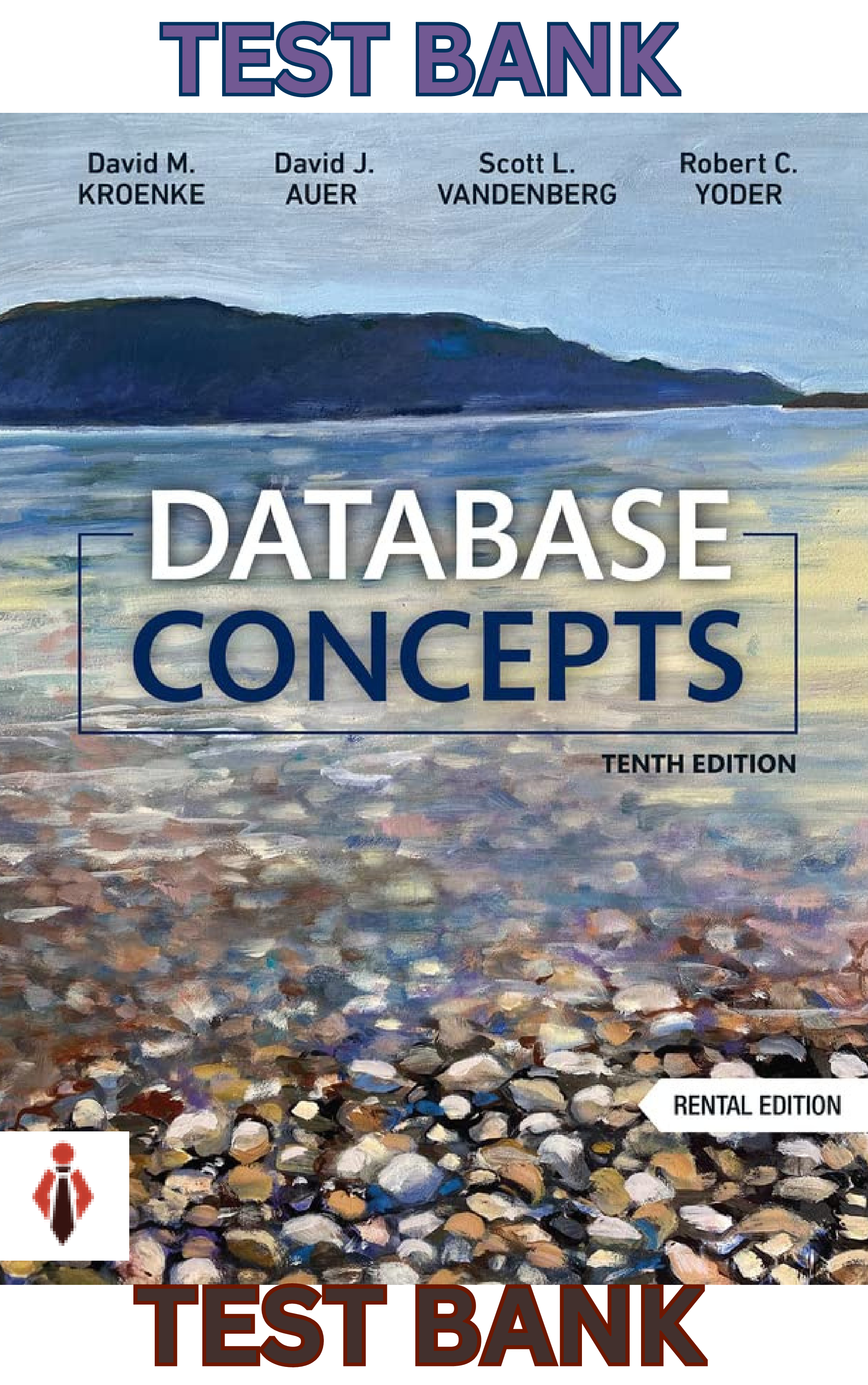
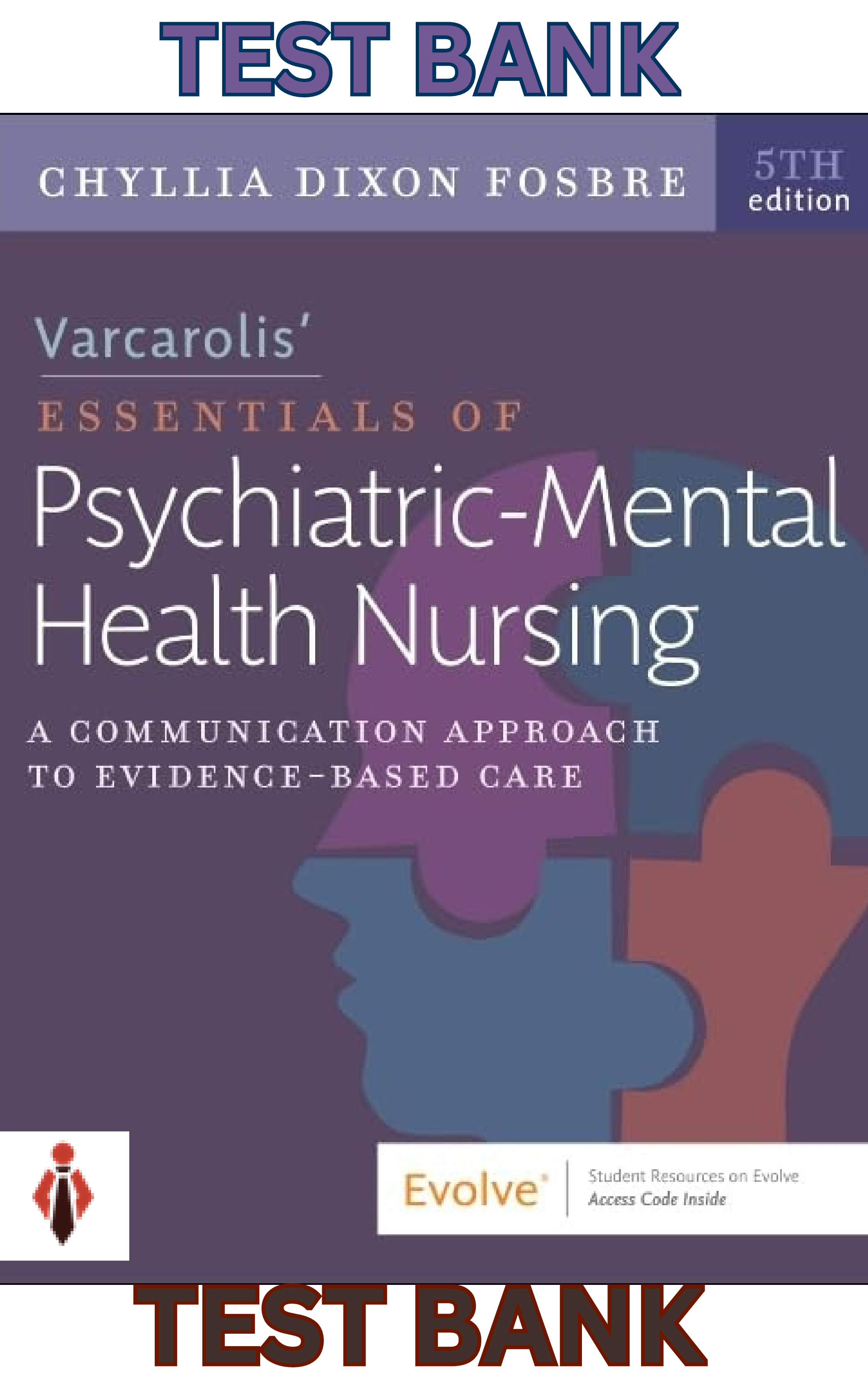
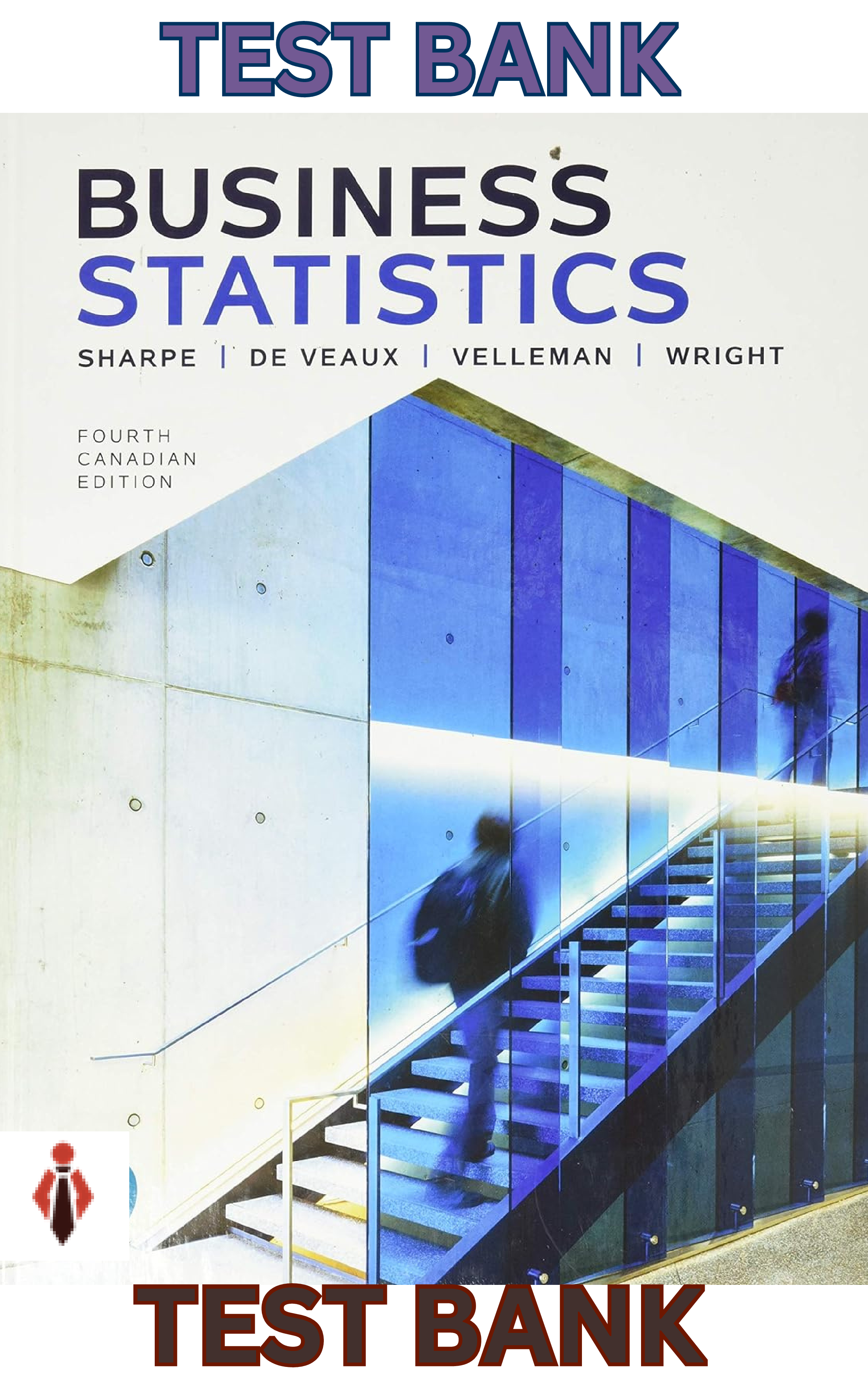
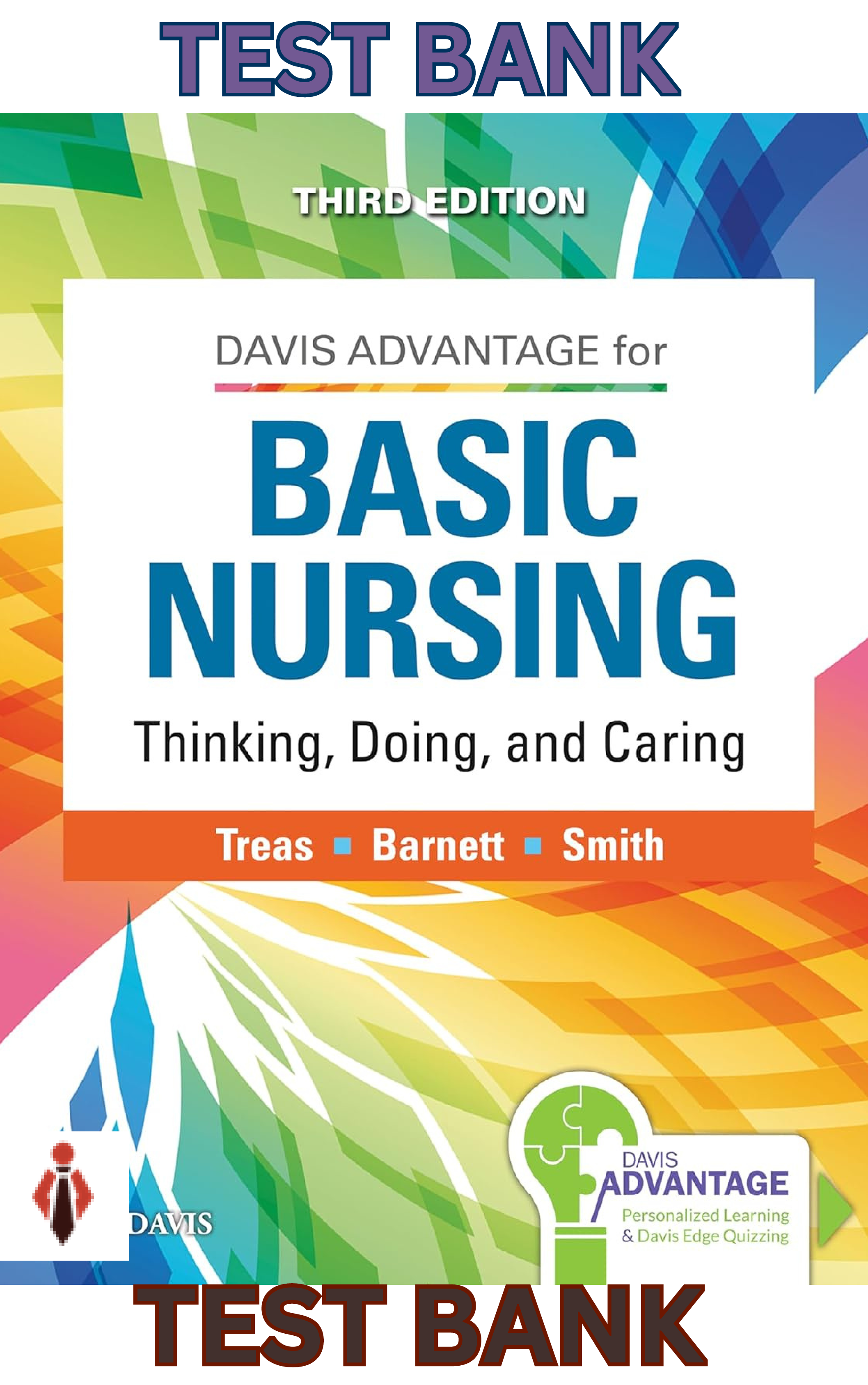
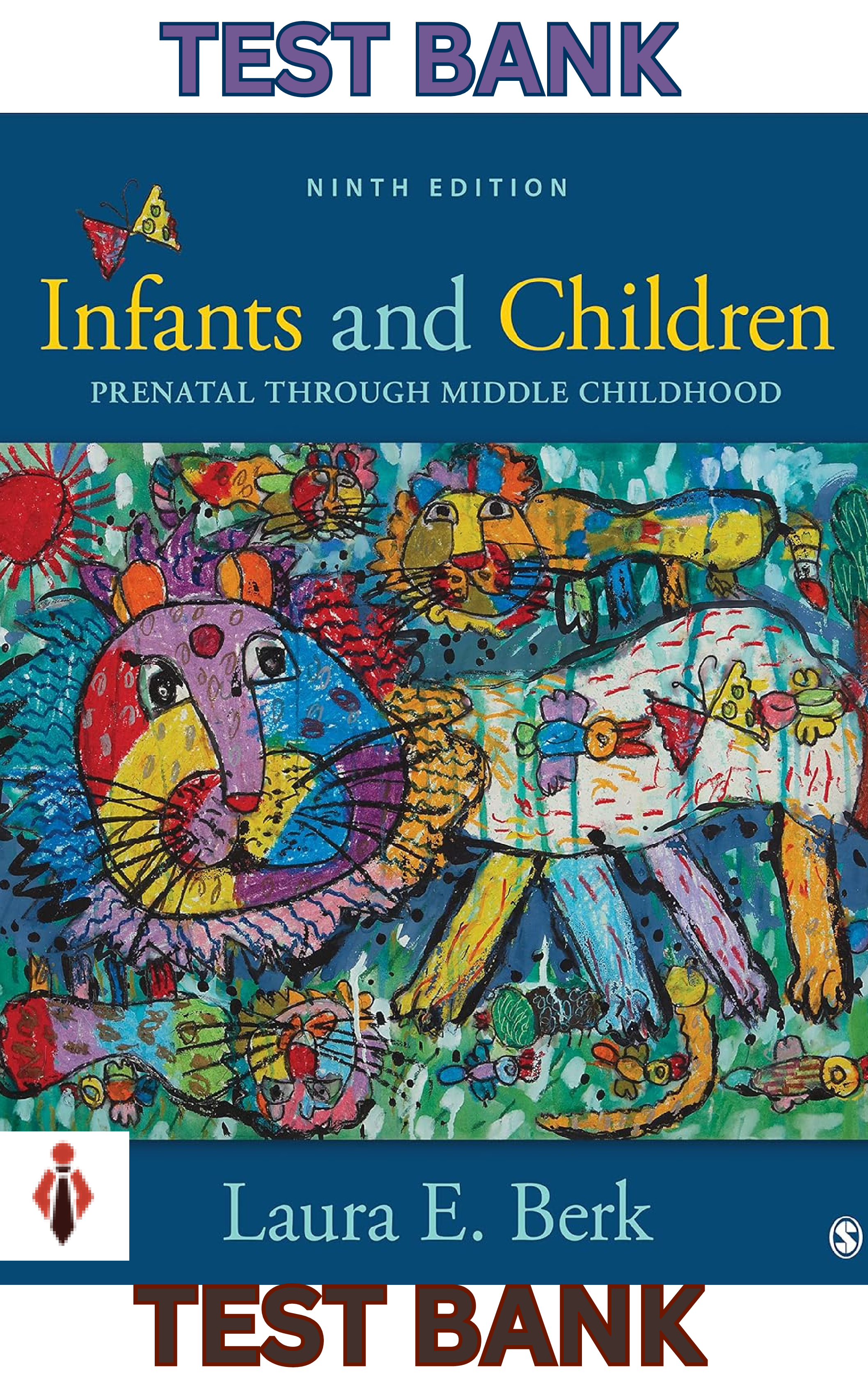

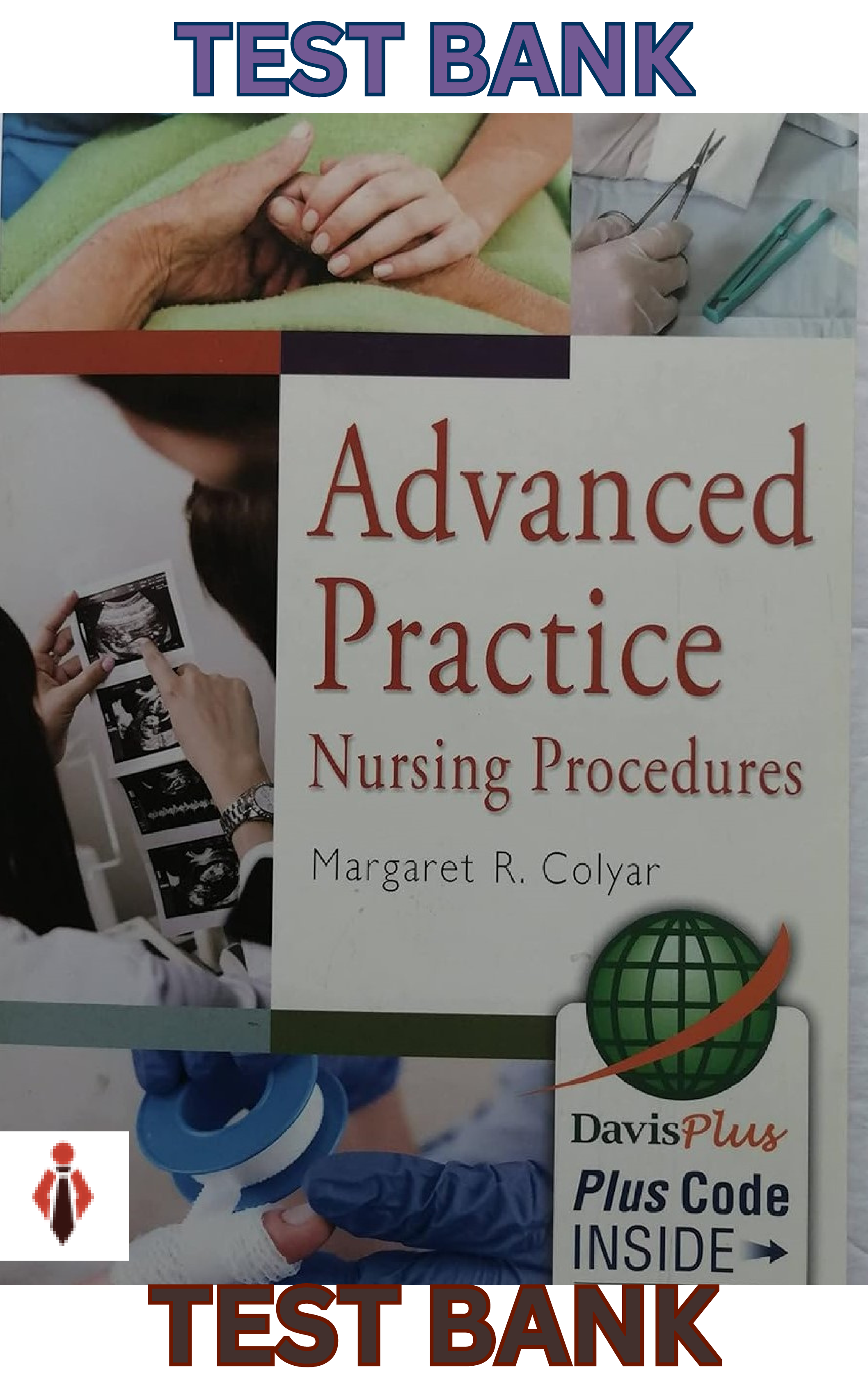
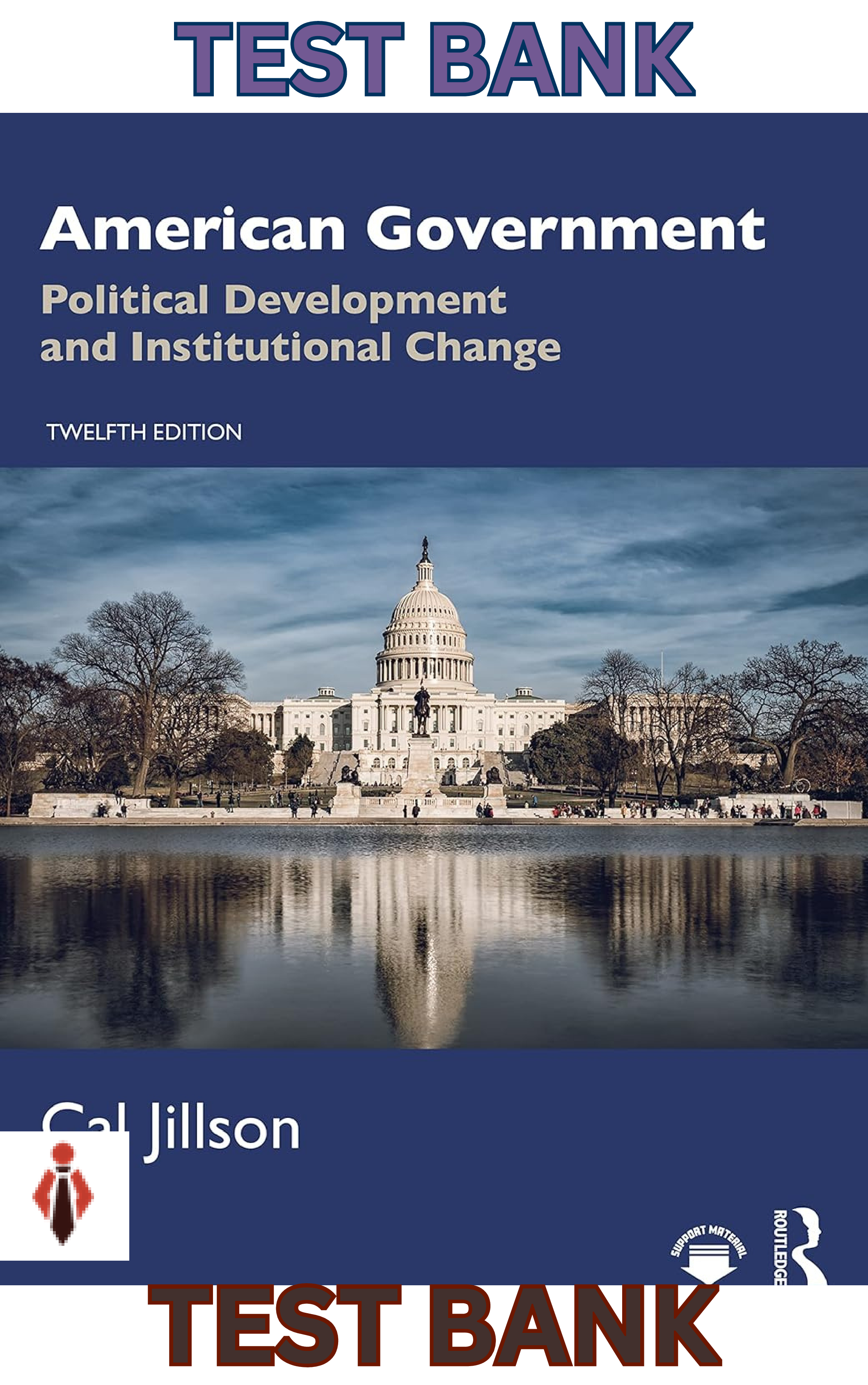
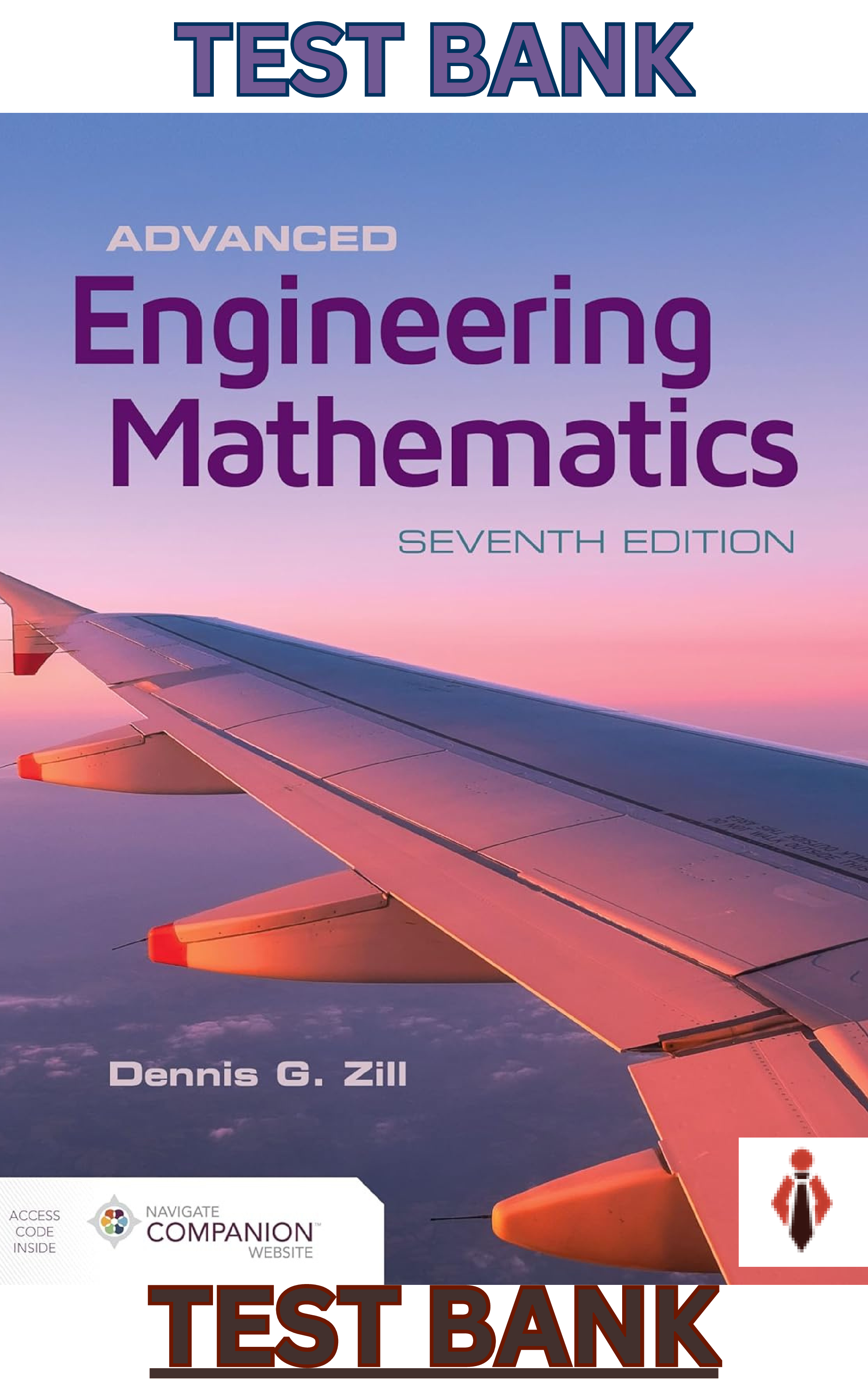
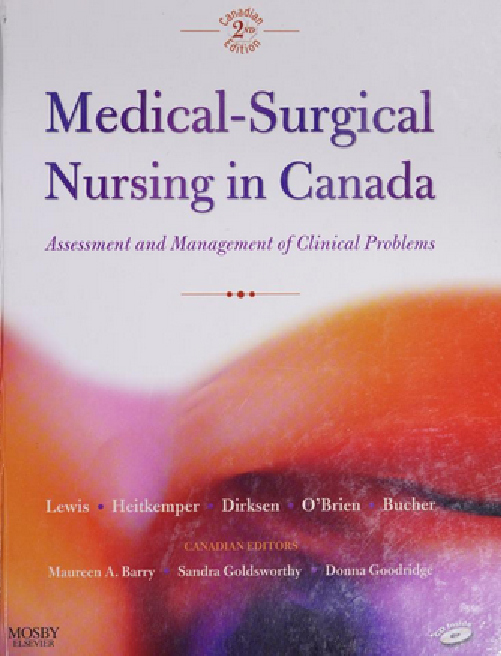
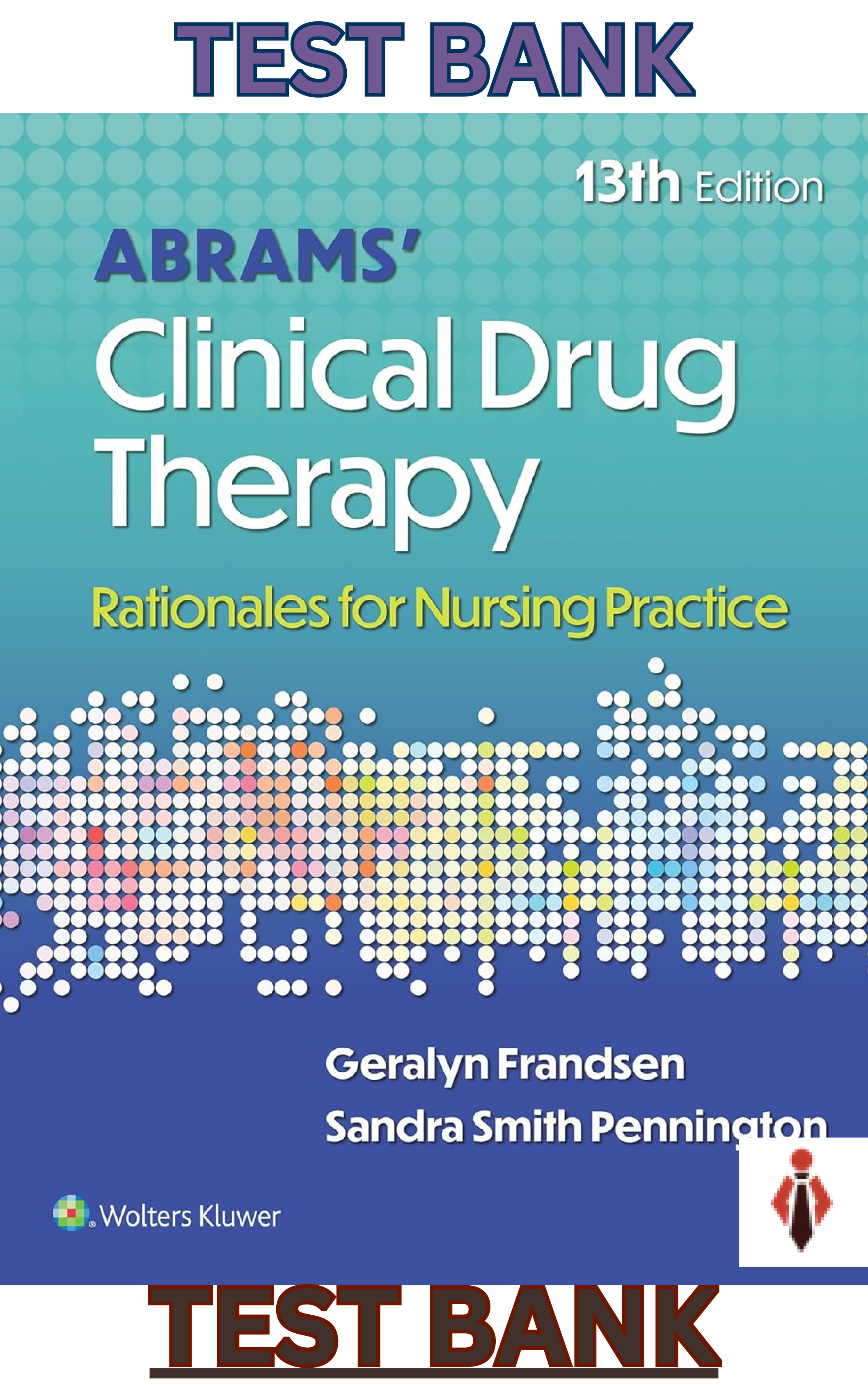
.png)

